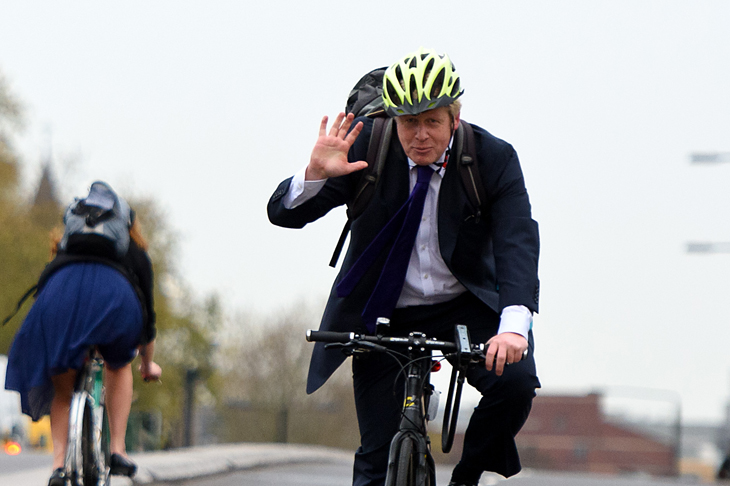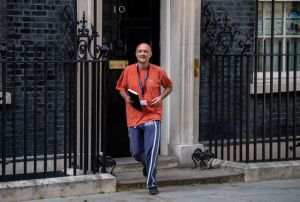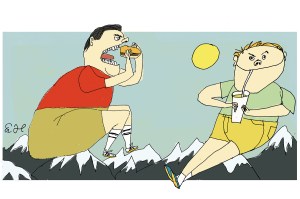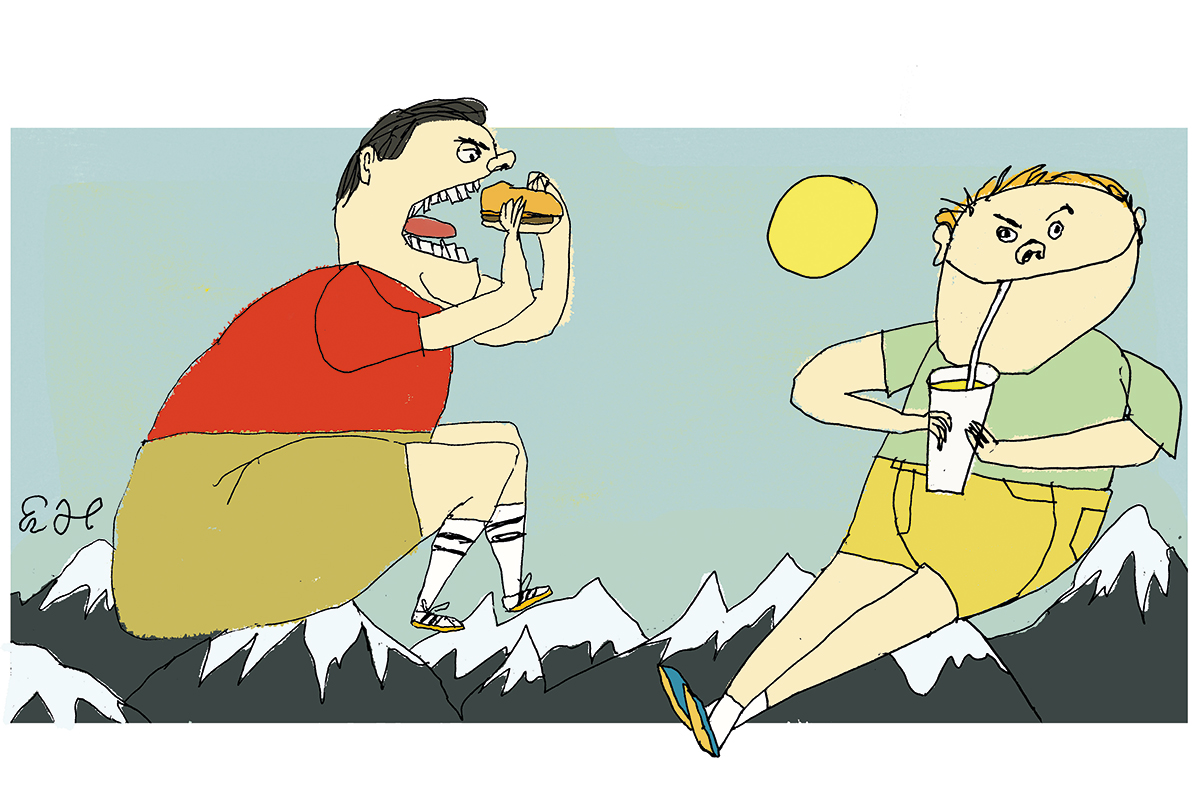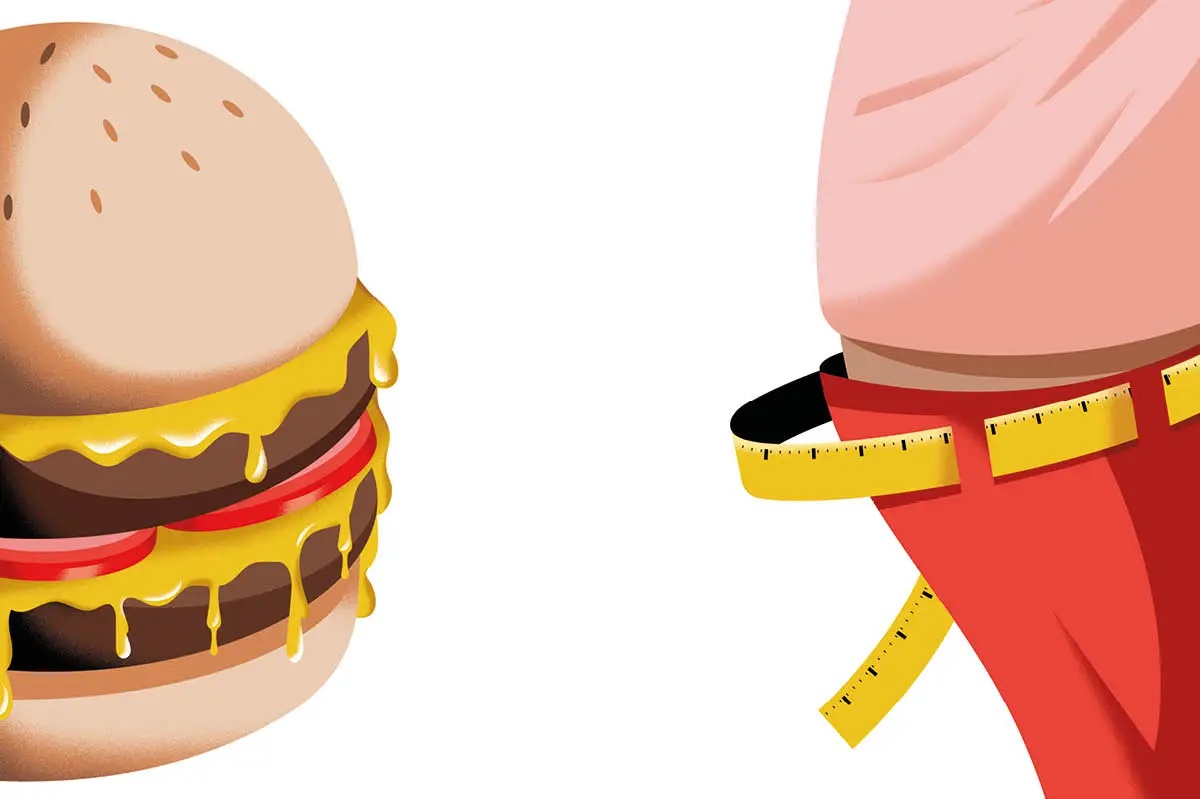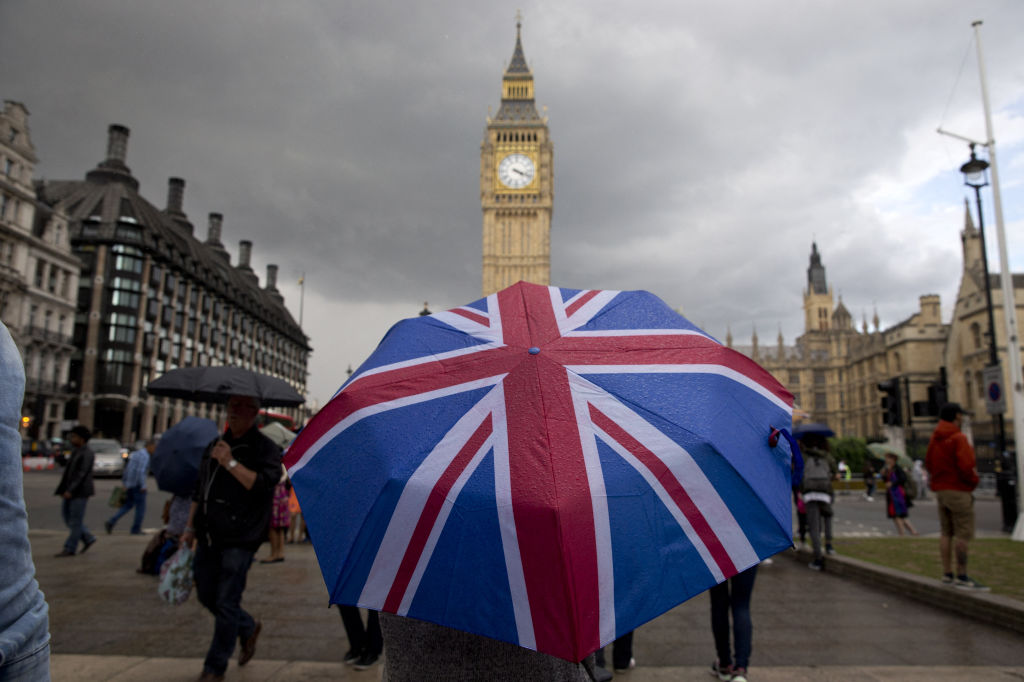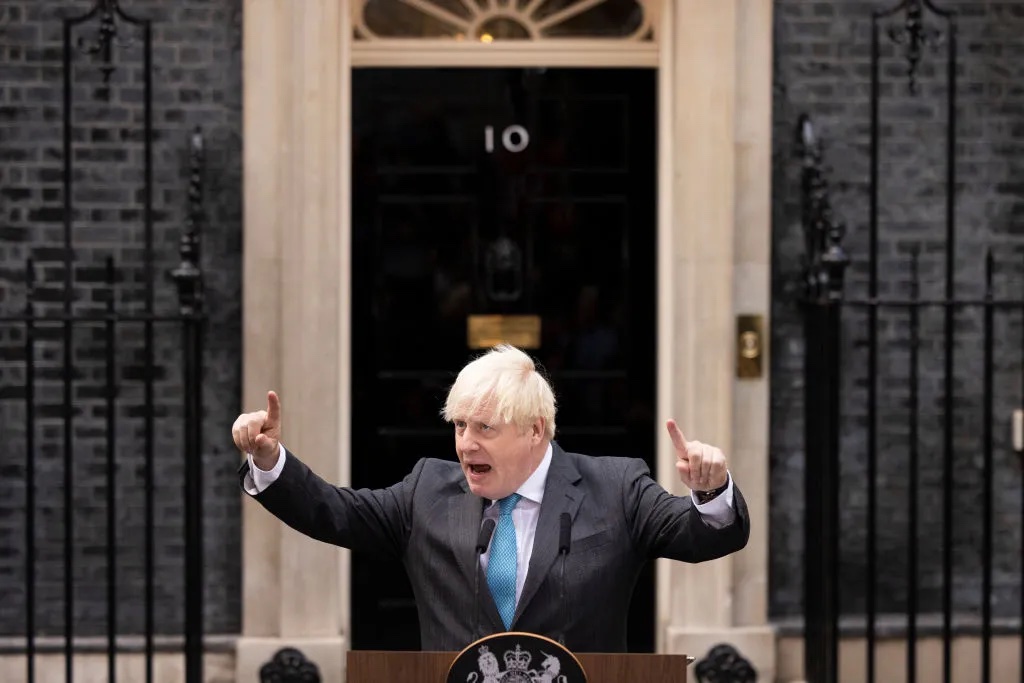The nice French doctor looked beadily at the screen. There were the results of my tests, in irrefutable detail. They had taken my blood; they had beeped in my ears; they had covered me in painful hair-pulling electrodes, and now there was no use bluffing. I tried to draw her attention to what I conceived was my Hulk-like strength, the blast furnace super bellows of my lung capacity. She wasn’t having any of it. There was the key piece of data — blinking like a Geiger counter. I have really known it, or suspected it, for decades. In the past few months I have had the joy of being back on my bike, and the reality of my physique has been obvious to all the people who have overtaken me; and when I say all, I mean all. There have been moments — puffing uphill, against the wind — when I could have been overtaken by a toddler on a tricycle. It’s not my tires. It’s not the cycle superhighways — excellent in every respect. The grim truth is that, excluding my rucksack, I have been carting around 16-and-a-half stone, and there it was on the doctor’s screen.
She launched into the catechism. What did I eat? I described the delicious late-night binges of chorizo and cheese. She winced. How much did I drink? We tried to work it out in units. Glasses, pints, bathfuls? She looked suitably appalled. She began to sketch out steps I could take — and I suddenly felt ashamed. Here I was, a representative of the political class of what is now the fattest nation in Europe and a living embodiment of our state of moral akrasia. Our kids are now so fat that asthma is on the rise. Their parents are so obese that they are starting to die earlier — for the first time this century — than the previous generation. We are spending tens of billions of taxpayers’ money on the consequences of this national weakness of will. We expect the state to pay for all the premature cancers and cardiovascular diseases we contract as a result of our obesity, to say nothing of stapling our stomachs and liposuctioning our thighs. We have every possible incentive to change, to get a grip, to go for a different and more rewarding and more fulfilling lifestyle. But we are sunk in inertia — a moral inertia that exactly corresponds to the political inertia of the British ruling class.
We know that we have to make certain changes if we are to leave the EU. We know that we have to get ready — to be lighter on our feet and more agile, if we are to take advantage of all the freedoms we will gain: the freedom to innovate, the freedom to regulate in the interests of UK firms, the freedom to open up new markets around the world to British goods and services. We have known for two-and-a-half years that we need to make these modest changes. And what have we done? Nothing. We have been unable to kick our habits, too paralyzed, slothful and feeble to leave the customs union and single market, even though it means we are now set to be an effective colony of the EU.
We are told that one cabinet minister decided to back this odious sell-out of a deal — the worst of all worlds — when he learned that there was a small risk that in the event of proceeding on WTO terms (itself a very small risk) there might be a brief period in which it would be difficult to source two ingredients for Mars Bars. What kind of a country is this? Are we going to abandon a thousand years of national self-rule, and adopt foreign laws — over which we have no control — because we cannot be fagged to make whatever preparations are necessary for the microscopic risk of us running out of Mars Bars? There may have been times in the last century when the government of Britain has looked more pathetic, but I can’t think what they are.
I looked at this nice but disapproving French doctor and I resolved, like Gandhi, to be the change I wanted to see. I have not only laid off the Mars Bars; I have axed the cheese. I breakfast like some Georgian hermit on porridge with a luxury sprinkling of nuts. At drinks parties I guzzle water and marvel at the Pinteresque slowness with which we come to the point. Is it working? You bet it is.
My sight is keener, the days seem longer and more full of interest, and I have lost 12 pounds in two weeks. If things go on like this, I could be less than 15 stone by Christmas — for the first time since university — and I hope at that great global festivity to toast the moment in the next few weeks when the British governing class finally summons the willpower to do the necessary, to ditch this deal, to bin the backstop and to make the change that will launch us on a nimbler, lither and more dynamic future. If I can do it, so can we all.
This article was originally published in The Spectator magazine.



